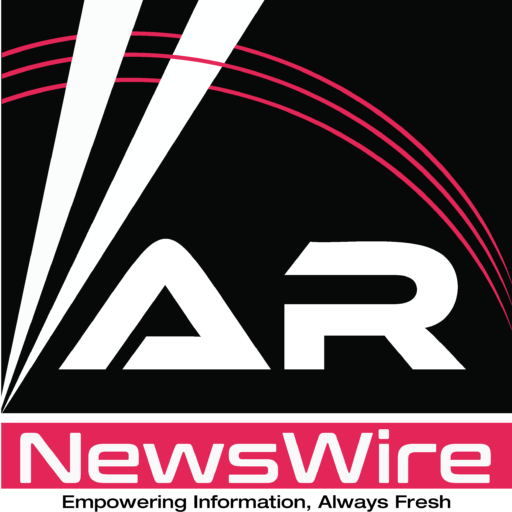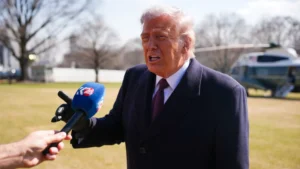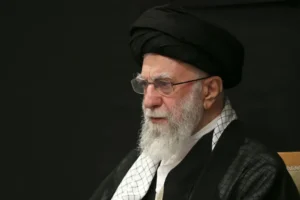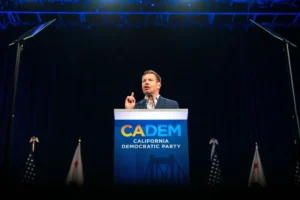Navigating the Digital Jungle Gym: A Look at DCUM Political
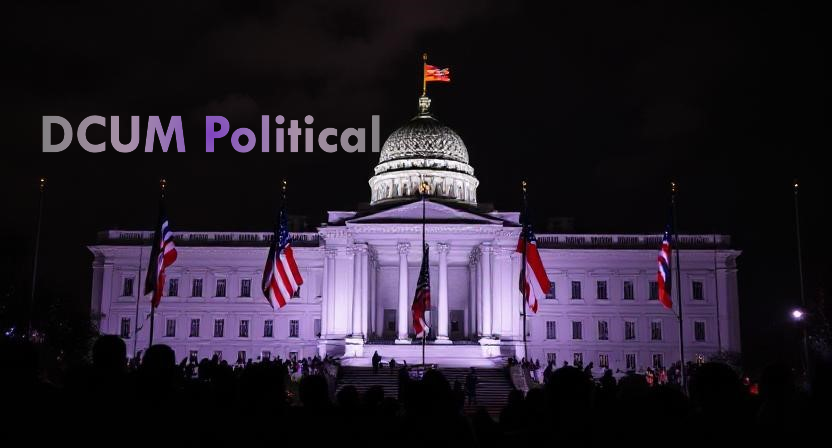
If you’ve ever lived in or around Washington D.C., you’ve likely stumbled upon it. It might have been a frantic Google search for the best pediatrician in Northern Virginia, a tip-off about a pop-up sale, or a heated debate about the best local pizza joint (it’s a serious matter). “It” is the DC Urban Moms and Dads forum, a sprawling, chaotic, and often bewildering online community. But to dismiss it as just another parenting board is to miss one of its most fascinating, and often infuriating, layers: the world of DCUM political discourse.

For the uninitiated, DCUM is a massive message board that functions as a digital town square for the D.C. metro area. Its topics range from heartfelt requests for advice to brutal reviews of local businesses. But nestled among the threads on sleep training and middle school applications lies a beast of its own: the politics forum. This is where the DCUM political scene truly comes to life, and it is a unique microcosm of our current political climate.
So, what exactly defines the DCUM political experience? It’s not your standard, polite policy debate. It’s something far more raw and revealing.
First, there’s the anonymity. Unlike Twitter or Facebook, where profiles are often directly tied to real identities, DCUM allows for near-total pseudonymity. This creates a environment where people feel empowered to speak with a startling lack of filter. The result is a strange blend of hyper-local concern and national partisan fury. A thread might start with a complaint about a specific DC Council member’s policy on trash collection and, within ten comments, devolve into a scorched-earth argument about national immigration policy. This is the essence of DCUM political discussion: the intensely personal and local colliding with the abstract and national, all without the social guardrails of real-name accountability.
This anonymity fuels the second key feature: a pervasive tone of performative expertise. Washington D.C. is a city teeming with lawyers, policy wonks, journalists, and government officials. The DCUM political forums often feel like an arms race of credentials. Arguments aren’t just about opinions; they’re about who can cite the most obscure legislative text, who has the most inside knowledge of a congressional office, or who can most effectively dismiss another poster as “not understanding how the appropriations process works.” It’s political debate as a status game, where winning the argument is often less about persuasion and more about establishing intellectual dominance.
Perhaps the most defining characteristic of the DCUM political world is its lack of ideological diversity. While the larger DCUM site hosts a wide range of views, the politics forum is notoriously, overwhelmingly progressive. Dissenting conservative voices are often shouted down, dismissed with labels, or met with a wave of collective incredulity. This creates a powerful echo chamber. For residents who lean left, it can be a place of validation and shared frustration. For anyone else, it can feel like walking into a room where everyone is speaking a language you don’t understand, and they have no interest in translating.
This leads to the big question: why does it matter? It’s just a message board, right?
The significance of DCUM political chatter lies in its demographic. These are not random internet trolls from across the country. They are, by and large, educated, affluent, and politically engaged parents living in the heart of the American political machine. Their anxieties about schools, safety, and property values are a real-time focus group for the issues that drive suburban voters—the very voters who decide elections. The conversations on DCUM, however hyperbolic, offer an unfiltered look at the concerns and cultural sentiments of a powerful and influential segment of the electorate.
Navigating the DCUM political sphere is not for the faint of heart. It can be a toxic, exhausting, and frustrating place. But it is also undeniably real. It strips away the polished veneer of cable news punditry and exposes the raw, anxious, and deeply personal way that politics intersects with everyday life for those living in the shadow of the Capitol dome. It’s a digital jungle gym where wonkery meets worry, and where the politics of a nation are often debated through the lens of a pothole on Q Street.
